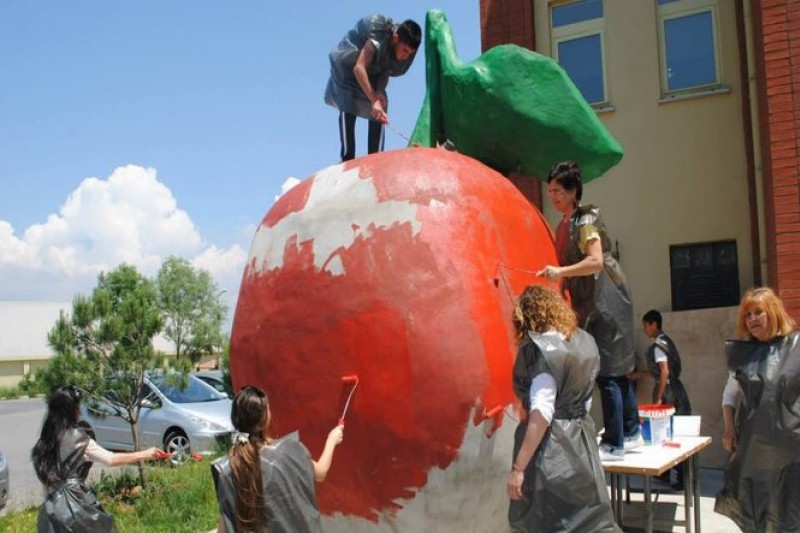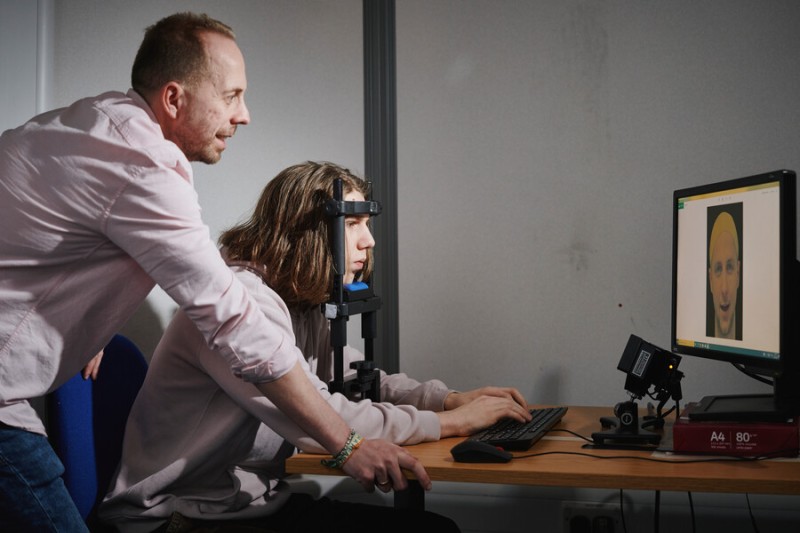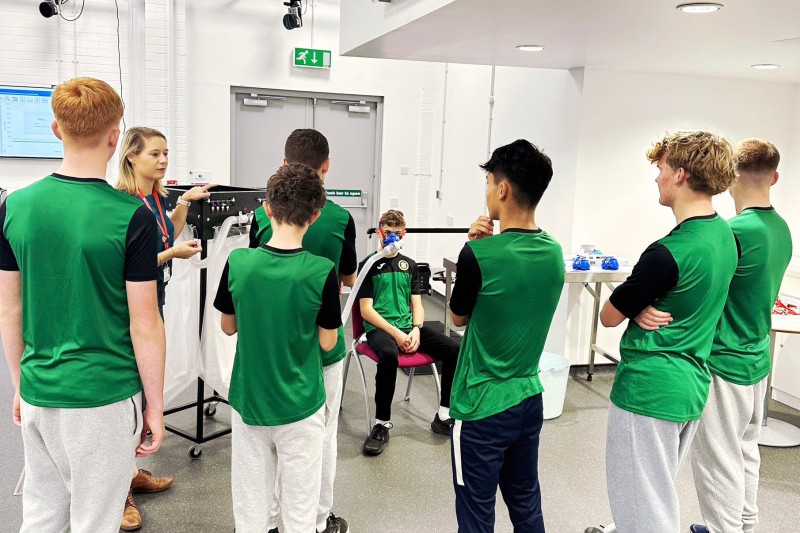A team from Bournemouth University has led a global project, in partnership with Maltepe University and Gate of Sun in Turkey, and University of Chittagong in Bangladesh, to give the seldom heard voices of refugees the chance to be heard.
Digital Arts for Refugee Engagement (DA-RE) is an exploratory research project using arts-based activities in combination with digital literacy for developing the capabilities of refugee youth in Turkey and Bangladesh.
The DA-RE research team brings together expertise in digital literacies, arts, literacy and agency, adult learning and vocational education, with academic partners and community practitioners working with refugee research assistants in Turkey and Bangladesh.
DA-RE participant, Mohammed Jonayek from Rohingya, said: “I am a motivational speaker and also a poet. I always wanted to be a motivational speaker at the international level which is why I used the English language in my motivational videos. I’m also a poet and as everyone knows how we feel in the refugee camp and so we also share our feelings and our pain by writing poems.”

Ahmed Durbala said ‘I am a 26 year old actor and filmmaker Syrian refugee in Gaziantep. My film ‘Bullet of Life’ narrates the hysterical state of the hero after losing his family in the war taking place in his country.”
Mohammed Zunaid, 20, is a Rohingya activist, photojournalist and videographer. He crossed the border in 2017 and settled down in Kutupalong refugee camp, Ukhia, Cox’s Bazar. Zunaid said, “When I grew up in Rohingya I felt like the world didn't know what was happening in our everyday life. That is why I want to be a journalist, to highlight the things which are happening with us. From that I got in a fire when we had to fly to Bangladesh so many people were gathered together and so many of us fled our village. Taking pictures and videos from that was part of my journalism.”
Julian McDougall, Professor of Media and Education and DA-RE project lead, said: “Seeing the outcomes of these young artists and filmmakers combining their digital skills with artistic expression, enabled by our partners in Turkey and Bangladesh has been a privilege. The work and creativity we have seen and heard is not only important to the communities affected but also a learning experience for the rest of the world. It gives us a real insight into the effect that conflict, war and displacement have on those who live through them. All the works from these young people are available to view online and we would urge everyone to take the time to listen to their stories.”
The online exhibition from Syrian and Rohingya refugees and the recording of a virtual event where they shared their work and discussed their experiences with the research team can all be viewed on the BU website.



